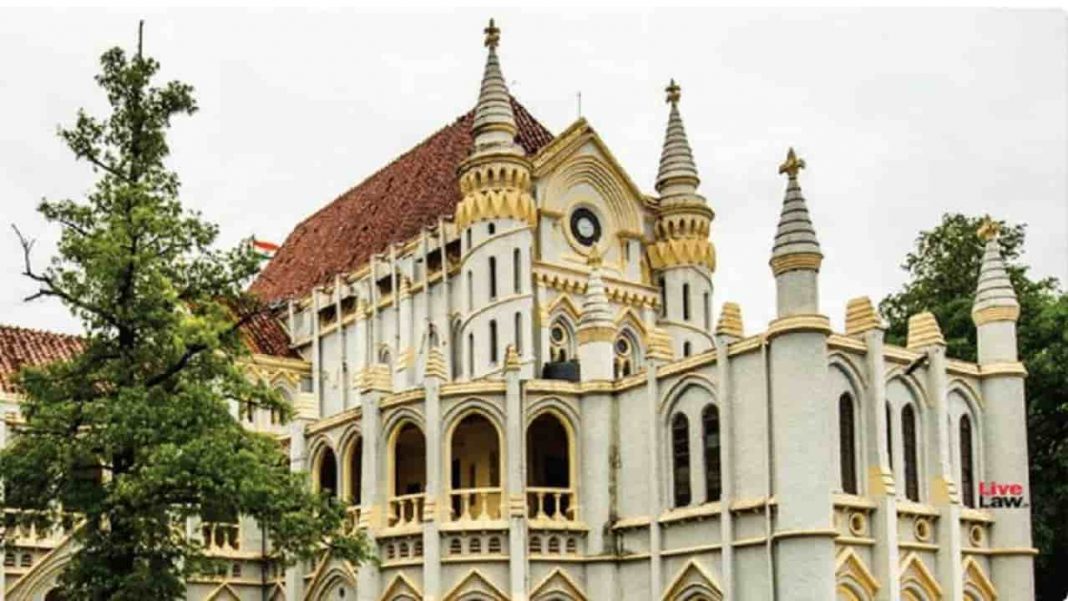


The Madhya Pradesh High Court in the case adashiv Joshi v. The State Of Madhya Pradesh Collector Indore & Ors observed and has held that second review petition before it arising out of a writ matter to be non-maintainable.
The Division bench comprising of Chief Justice Ravi Malimath and Justice Vinay Shukla in the case observed and has acknowledged the dangers of allowing parties to reopen concluded judgments by filing repeated interlocutory applications. While terming the same as an abuse of the process of law with far-reaching consequences in the realm of justice administration, the division bench pointed out that the ‘finality of judgment’ enjoys great sanctity in a country governed by ‘rule of law’.
The court in the case observed that the petitioner has already exhausted remedy of writ petition, writ appeal, review and SLP. Thus, all the courts have dismissed the case of the petitioner.
The counsel appearing for the petitioner could not point out any grave and palpable errors committed by the courts in its order, thus, the petitioner cannot be permitted to re-argue the matter again and again.
Further, the counsel;; appearing for the petitioner tried to establish that writ proceedings are not akin to civil proceedings and that the provisions of CPC wouldn’t be applicable in writ matters, in view of Section 141 CPC.
The court stated that if the submissions made by the counsel are accepted, then there would be no end to the litigation and in a proceeding arising out of Article 226 of the Constitution of India the parties may file number of review petitions which would be against the doctrine of finality.
The bench of Jabalpur observed by placing its reliance on apex court decisions in the case Rashid Khan Pathan & Vijay Kurle & Ors and Supertech Ltd. v. Emerald Court Owner Resident Welfare Association.
Facts of the Case:
The petitioner Sadashiv Joshi’s land was sought to be acquired by Indore Development Authority in pursuance of a town improvement scheme. The challenge was made to the scheme as well as the process of acquisition before the High Court in 1987 and during the pendency of the said writ petition, he had relinquished his claim to a portion of the property initially mentioned.
Therefore, the High Court allowed the writ plea of Joshi in 1996. Thus, Letters Patent Appeal filed by the Development Authority got dismissed in 1998.
Howevre, the petitioner preferred another writ for implementation and compliance of the directions given in the aforementioned judgements in the year 2001.
The High Court dismissed the same by citing the petitioner’s earlier relinquishment of a part of the claim and the issue of non-maintainability due to finality achieved in the previous round of litigation.
The writ appeal was filed in 2008 against this latest decision of the High Court; the writ appeal got dismissed in 2017 with the cost for an amount of Rs 50,000/- to be borne by the petitioner.
The court in 2018 also dismissed the review petition.
The Special Leave Petition filed before the apex court thereafter was dismissed as withdrawn.
Observations Made by the Court:
The court noted about the non-maintainability of a second review petition that the petitioner has exhausted remedy of writ petition, writ appeal, review and SLP and thereafter the present review petition is filed and upon perusal of the order of the Apex Court it is axiomatic that no liberty was granted to file review and the petitioner had himself withdrawn SLP to approach the High Court.
The court in the case observed and has iterated the general ruled that unless there is an error apparent on the face of the record, a review cannot be entertained which is a proposition that’s no longer res integra.
The court stated that the proceedings initiated under Article 226 of the Constitution of India, the High Court has inherent power to prevent miscarriage of justice or to correct grave and palpable errors committed by it.
Further, the court added after pointing out the difference of context in the case Shivdeo Singh & Ors Vs. State of Punjab & Ors cited by the petitioner.
Accordingly, the court dismissed the review petition for being devoid of merits.